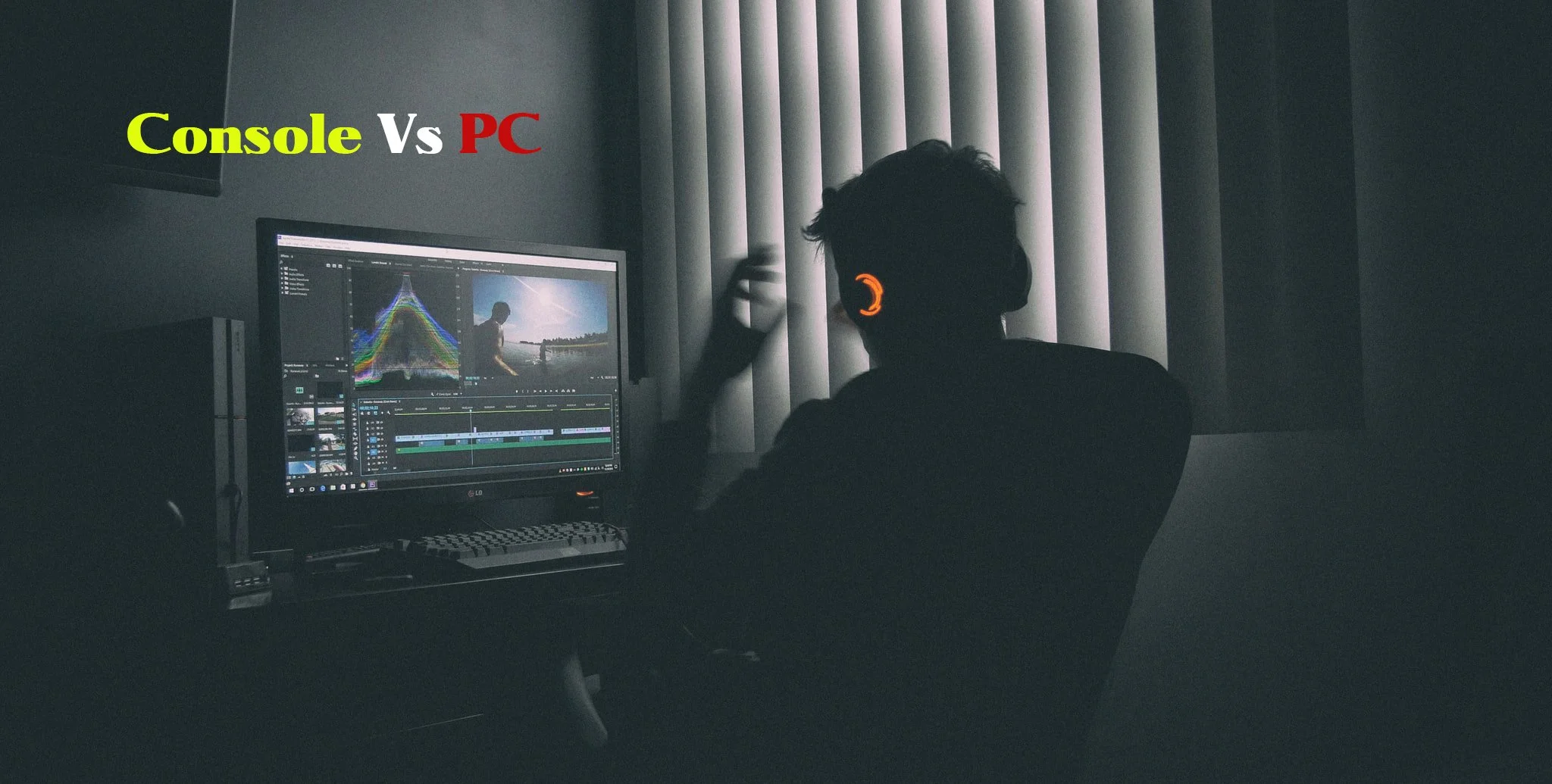The Ethics of Virtual Reality
February 15, 2022 L.C.S
How do you define the ethics of Virtual Reality? With the way Virtual Reality is being
handled, there is a moral concern regarding virtual reality and how it’s implemented. Virtual
Reality can potentially be a risk to mental health. If you think about it, the most logical scenario
when dealing with Virtual Reality is the neglect of one’s own environment, and more
importantly one’s own surrounding. You are immersed in a whole other dimension technically,
and you’re most likely playing in lazy mode. However, this isn’t the same as playing with a
controller or a keyboard. You’re entire environment has been warped to the virtual reality, which
can be unsafe. Virtual Reality or rather its technologies could be potentially used to record the
personal data of its users. This could be used to attack one’s privacy, as well as other cyber
threats.
Virtual Reality blurs the difference between the reality and fiction. Because of this
notion, think about the sensory “vulnerability” that is most likely going to happen when you dive
into Virtual Reality. What is the first thing you think about when diving into Virtual Reality?
You think about something to cover your eyes — and maybe even the ears — to establish a fully
immersive experience. Virtual Reality also has gloves that helps simulate touching sensations,
and there is a rising range of other accessories and attachments. So here’s the thing about having
all of this, especially if you are at home. You have limited access to sensory data, which means
that you are extremely susceptible to accidents, break-ins, and any other scenarios of misfortune
that can come of being completely distracted or sensory deprived.
There is honestly so much to tackle when talking about this. Virtual Reality is an
environment in where we do need to be cautious of. The more we “amalgamate” into a virtual
reality, the more of ourselves we are more probable to give away to the world outside of it. There
are definitely privacy worries. Just imagine if our virtual reality avatars were to mirror our real-
life counterparts, and then that was mirrored and exploited? The dangers are there. And with the
cyber-attacks running rampart in the current world, this would be just another dimension for
cyber-attackers to come after. Also, it is common knowledge that by carefully and frequently
being immersed in a virtual reality, this can lead some people to become desensitized in the real-
world. Virtual Reality itself can be considered a mechanic to desensitize and psychologically
harden individuals against particular fears. Imagine how this would be outside of supervised use.
In a sense, we already have examples of this through social media use and how it warps our
frame of mind.






